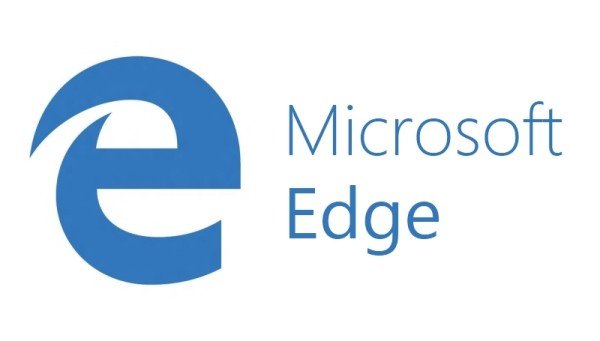NSS Labs, the information security research and testing organization, has come out with a report that finds Microsoft’s Edge browser better at blocking phishing and socially-engineered malware (SEM) attacks than Google’s Chrome or Mozilla’s Firefox.

According to NSS’s Web Browser Security Comparative Report, Microsoft Edge blocks 96% of the socially-engineered malware (SEM) and 92% of malicious URLs thrown at it, way ahead than the figures reported for Chrome and Firefox.
Browsers play a vital role in preventing web-based attacks and are the first line of defense. According to the Verizon 2017 Data Breach Investigations Report, they are the second most common entry point for ransomware, one of the most common forms of malware plaguing users and enterprises.
The released Web Browser Security Comparative Reports from NSS reveals how effective web browsers are at protecting users from socially engineered malware (SEM) and phishing attacks. To minimize exposure to emerging threats, enterprises have begun to limit the use of legacy browsers to internal and legacy applications. For 2017, cross-platform tests on desktops and tablets were added to verify security efficacy and consistency across devices. Test results indicate that regardless of platform, browsers are more effective at blocking SEM than phishing attacks.
Microsoft Edge beats Chrome & Firefox
Effectiveness against socially-engineered malware (SEM) attacks
Between 23 August and 15 September 0f 2017, NSS conducted tests for browser effectiveness against socially-engineered malware (SEM) attacks. Edge version 38 blocked 96% of the malicious links and pop-ups, compared to 88% for Chrome version 60 and 70% for Firefox version 55.
Looking at the zero-hour (SEM), Microsoft Edge was the frontrunner again starting at a steady 99.8% from hour one. Both Chrome and Firefox were way below expectations, with Chrome starting at 75% before climbing to a peak of 95% after 7 days, whereas Firefox started at 54% and could climb to a peak rate of only 80% over the same period.
Effectiveness against phishing attacks
For the same period as above, NSS conducted tests for browser effectiveness against phishing attacks. Edge blocked 92% of malicious URLs, compared to Chrome’s 75% and Firefox’s 61%.
Analysis for zero-hour phishing again tilted results in favor of Edge, which started at 82% and peaked up to 89% over the period. Chrome started at 59% and peaked at just 65% while Firefox started at 51% peaking up to 81%, faring better than Chrome.
Why the difference in performance between Chrome and Edge
While Chrome remains the more popular browser among desktop users and offers a lot many features, it appears to be less secure than Edge. Edge thanks to Microsoft’s SmartScreen offers better protection but has been soiled by lack of features.
Microsoft, though, is said to be getting ready with an Insider program for Edge which could finally bring new exciting features and more users for the browser.
Read the NSS Labs press release here.
Leave a Reply